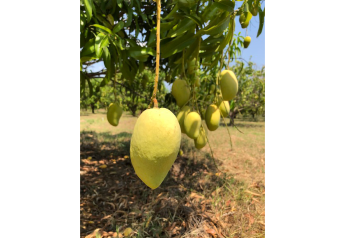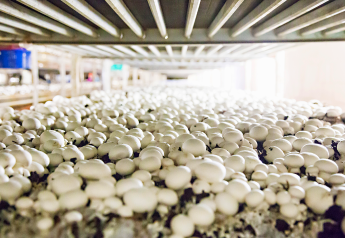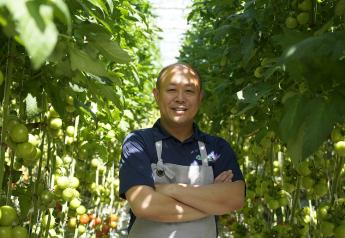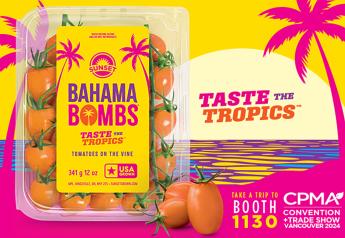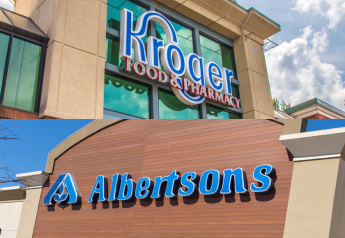How packaging companies are helping customers save money
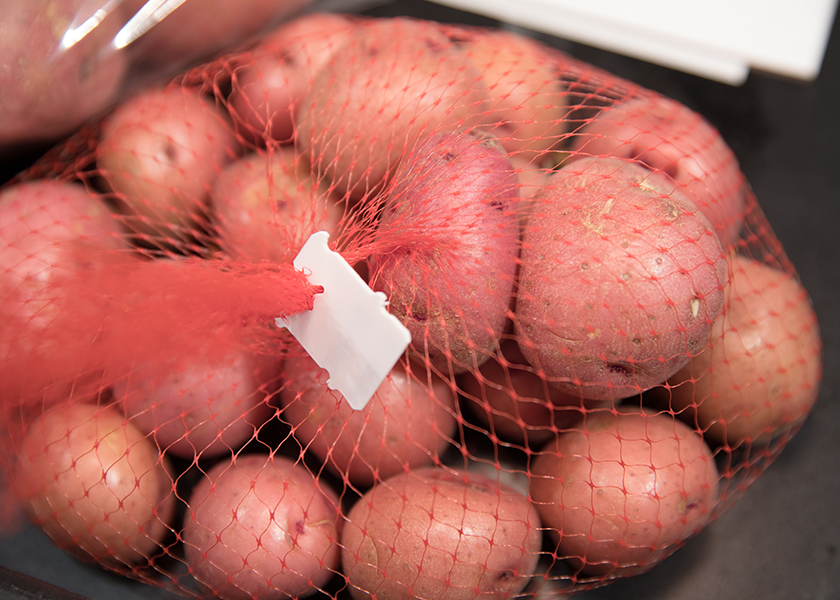
In a world characterized by supply chain disruptions, spiraling inflation rates and increasing pressure for sustainability, just about every segment of the produce packaging industry seems to be taking steps to fill orders on time, keep costs under control and offer products that are environmentally friendly.
“Over the last several years, the U.S. and global supply chains have experienced increasing supply demands and been challenged to adapt their ways of working,” said Rachel Barclay, senior manager, integrated marketing for Alpharetta, Ga.-based CHEP North America, which provides pallet and container pooling services.
“And even through these fluctuations, CHEP has remained committed to balancing demand for supply chain solutions with changing market pressures,” she said.
CHEP shipped more than 300 million pallets in 2022 despite inventory challenges, transportation and labor shortages, and market volatility, Barclay said.
Related news: Larger, sustainable packs trending for Southern California strawberries
“Volatile lumber, labor and logistics costs continue to challenge the supply chain, and we remain focused on operational efficiencies and innovations to meet changing market demands,” said Jason Adlam, vice president of new business development for CHEP USA.
To help customers cope with inflation, CHEP provides functional, trusted products while delivering value through its supply chain solution programs, like CHEP’s Zero Waste World, freight collaboration and supply chain optimization, he said.
CHEP also continues to invest in automation to boost production of consistent quality pallets and works with retail partners to ensure that all empty pallets are returned to CHEP in a timely manner to be sorted, repaired and put back into use, Barclay added.
Kwik Lok Corp., a global company based in Yakima, Wash., that specializes in bag closures for produce and bakery items, also works with customers to help keep costs down, said Karen Reed, global director of marketing and communications.
“We work really hard to make sure that our machines are going to last and that, if people maintain them, they’re not going to have downtime,” Reed said.
While inflation is affecting Kwik Lok, it’s affecting customers even more, she said. “We’re being pretty thoughtful about that when we’re working with them and help them find solutions.”
Related news: Bags, sustainability remain top packaging trends for organics
Doing things sustainably is a priority at both companies.
“Sustainability is innate to CHEP,” Adlam said.
“We are continuously improving to deliver on our ESG (environmental, social and governance) market commitments,” he said.
Some of CHEP’s ESG initiatives include:
- Purchasing sustainably sourced raw materials.
- Partnering with the supply chain to remove waste, like single-use packaging.
- Seeking the most sustainable alternatives, like piloting electric vehicle fleets and equipment.
- Developing sustainable products, using recycled or recyclable materials and durable designs that last longer.
- Partnering with customers to remove empty transport miles through joint freight collaboration.
At Kwik Lok, the company developed the first sustainable bag closure products, Reed said.
In 2019, Kwik Lok came up with its Eco-Lok closure made with potato corn starch, and Kwik Lok recently launched a Fibre-Lok product in the U.S. that is made with cellulose wood fiber.
“We’re working really hard with our customers to find sustainable options that will work for them for their product, but also move them along the continuum of sustainability as well,” Reed said.
Since the company’s main product is made with traditional PS (polystyrene), which is not very environmentally friendly, Kwik Lok has been conducting research to find a replacement, she said.
“We’ve been incorporating different materials into our portfolio that are able to take us a little bit farther down the road to what we hope will someday be a circular-type product, where it doesn’t have to go into the landfill at end of life and has potential to circulate back into the economy,” she said.



